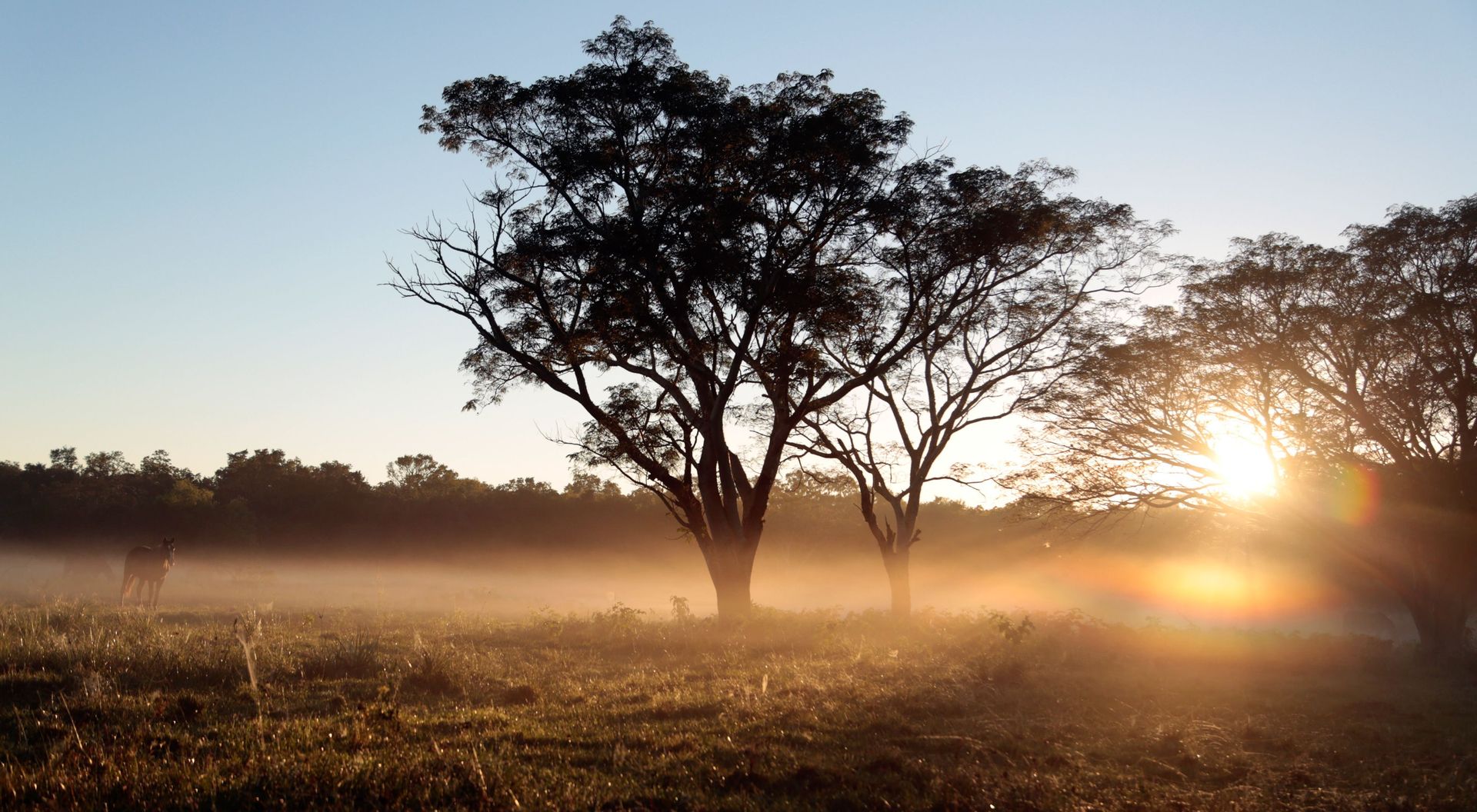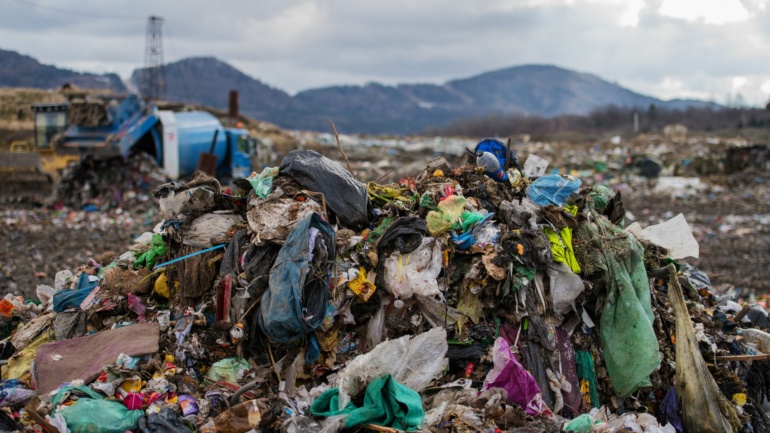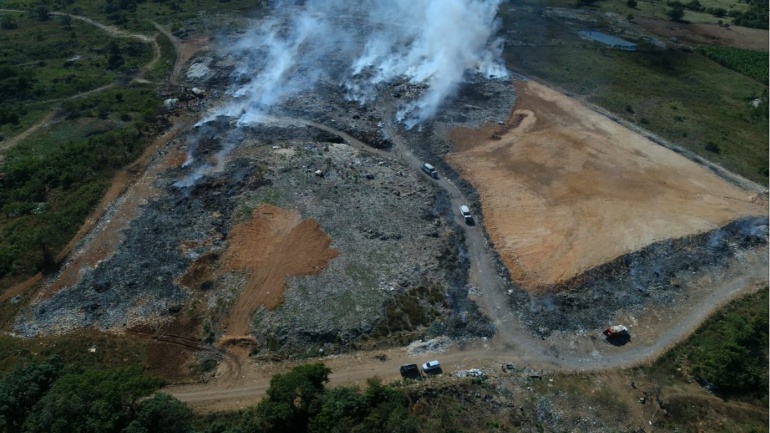By: Ross Grayson Bell
Environmental Stewardship: An idea whose time has come….again
The concept of environmental stewardship has been around for centuries. It has been the cornerstone of most indigenous cultures and is even alluded to in the Bible. In the book of Genesis, God put man in the garden of Eden to “dress it and keep it.” Catastrophically, however, we cast the idea asunder and used the planet to fuel our rapacious consumerism and quest for ever greater profits rather than “keep it.”
Now, on the brink of environmental ruin, it is interesting (maybe ironic) to see the concept gaining traction in the corporate world.
Environmental stewardship, as defined by sustainability scientist and 2019 Volvo Environment Prize winner Terry Chapin is: “The responsible use and protection of the natural environment through conservation and sustainable practices to enhance ecosystem resilience and human well-being (Chapin et al, 2011-offsite link).
What he might need to add to that definition is: corporate profits.
As the planet grapples with the damaging effects of climate change and governments stall on taking action, the onus is on corporations to lead the world in a more sustainable direction. With their economic power and unprecedented access to global resources, corporations are uniquely positioned to become stewards of the future of humanity and the earth.
The good news is corporations are rising to the challenge.
Historically, businesses have operated solely in their service to their financial bottom line. Nothing else mattered. In the nineties, the founder of the British consultancy firm SustainAbility, John Elkington, coined the phrase, “triple bottom line,” to refer to a new business concept that corporations should commit to measuring their social and environmental impact—as well as their financial performance.
Similarly, in 2019 the non-profit lobbyist association, The Business Roundtable, which addresses the principles of corporate governance, shifted its long-held position that corporations exist principally to serve their shareholders. Having gathered 181 CEOS of some of the world’s largest corporations, they released an unprecedented statement announcing new standards for corporate responsibility that include bringing benefit to all a corporation’s stakeholders: customers, employees, communities, not just the shareholders.
This shift in thinking, coupled with new environmental, social and governance criteria to evaluate a company’s performance (ESG) has, in turn, been a boon for business.
A report from The World Economic Forum Annual Meeting in 2020, referenced a Bank of America Merrill Lynch survey that found firms with a better ESG record than their peers, produced higher three-year returns and were more likely to become high-quality stocks. At the same time, demand for ESG Funds is soaring. According to the world’s leading business and financial data firm Bloomberg: “ESG assets are on track to exceed $53 trillion by 2025, representing more than a third of the $140.5 trillion in projected total assets under management.”
Away from Wall Street, changing trends in consumer behavior are also rewarding brands and companies with the right environmental credentials and sustainable leadership. According to a recent study conducted by the environmental technology company GreenPrint, “75 percent of millennials (those born between 1981-1996) are willing to pay more for environmentally sustainable products, compared to 57 percent of baby boomers.” As the largest generation group now in the US, millennials purchasing power will be a driving force in years to come.
While progress is being made, we still have a long way to go. Protecting and enhancing the earth and its people, rather than exploiting these resources for financial gain requires a real commitment to realigning the principles that have governed human commerce since the industrial revolution. Then again, if we once monetized the destruction of the environment, couldn’t we monetize its restoration?
“The earth will not continue to offer its harvest, except with faithful stewardship. We cannot say we love the land and then take steps to destroy it for use by future generations”
Pope John Paul II
Creative Carbon on the frontlines for Environmental Stewardship

We are committed to doing what is necessary, not simply what is considered politically feasible. We are dedicated to the preservation of natural ecosystems, such as the Gran Chaco, the local biodiversity, and the uplifting of communities. There are many ways you can help us.




